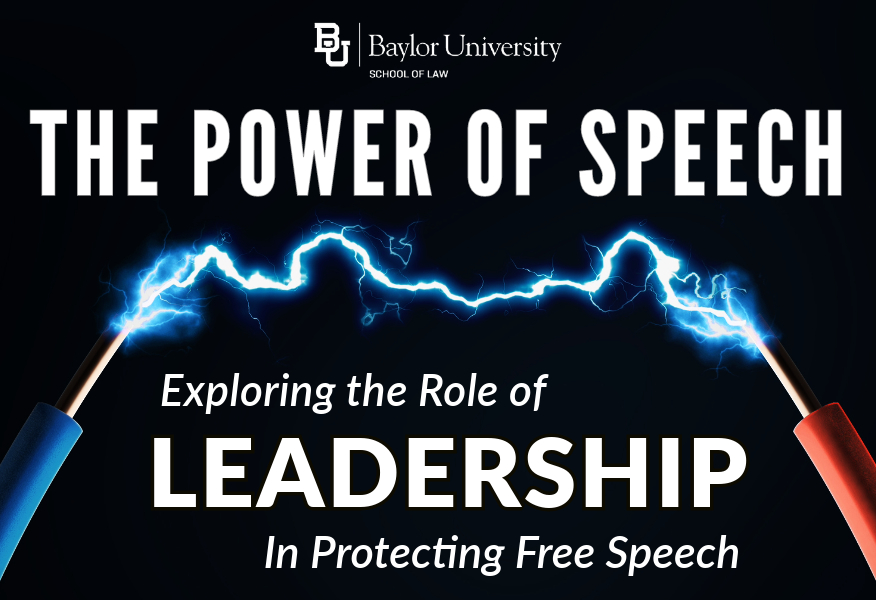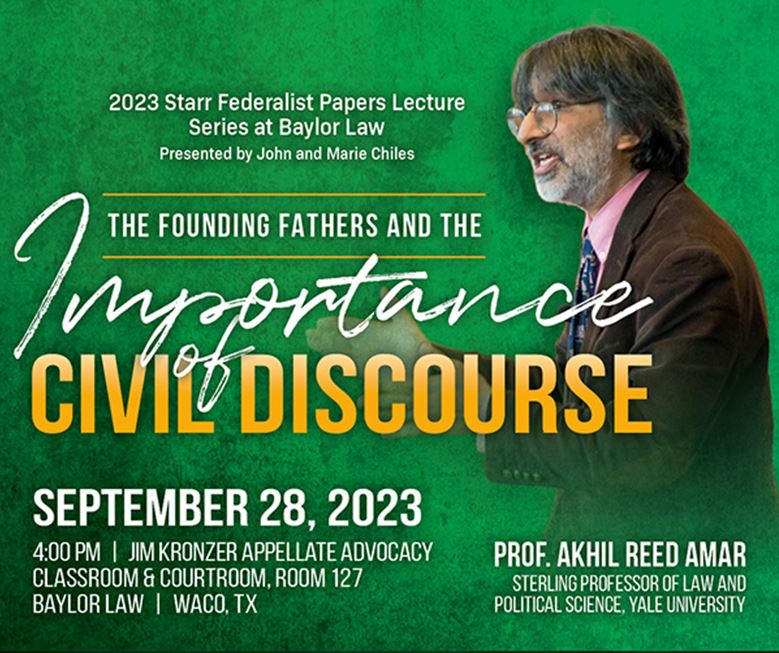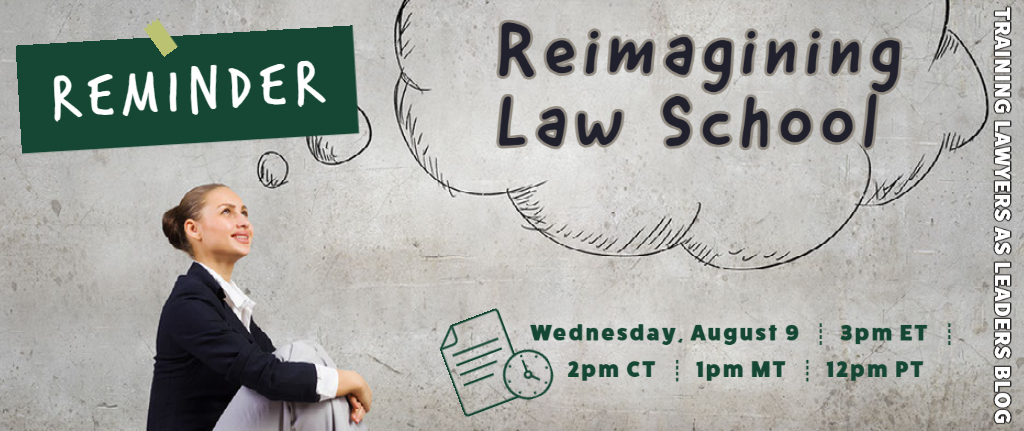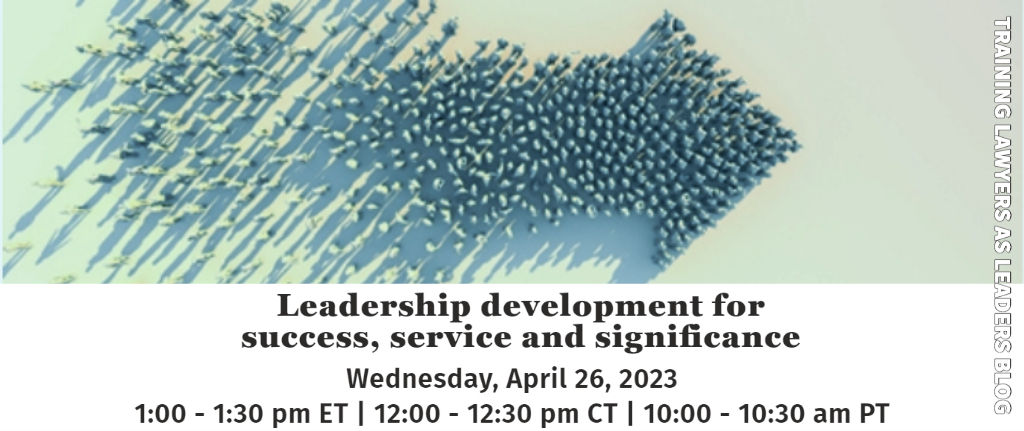
Law schools play a pivotal role in shaping future leaders, and now, more than ever, the need for civility, ethics, and active engagement is paramount. Baylor Law is proud to invite you to a half-day symposium dedicated to enhancing professionalism and civility within law schools.
This event promises enriching discussions and insights to empower our future legal professionals to be positive difference-makers from day one.
Don’t miss this virtual opportunity to engage with thought leaders and experts in the field and gain invaluable knowledge that will shape the future of legal education.
– Leah
Welcoming Remarks
Thursday, September 28, 2023
1:30 – 3:00pm EDT/ 12:30 – 2:00pm CDT/ 11:30am – 1:00pm MDT/ 10:30am – 12:00pm PDT
Patricia Wilson
Interim Dean and William Boswell Chair of Law, Baylor Law
The State of Civil Discourse in America
and the Legal Profession
Thursday, September 28, 2023
1:35 – 3:00pm EDT/ 12:35 – 2:00pm CDT/ 11:35am – 1:00pm MDT/ 10:35am – 12:00pm PDT
Discussing the importance of freedom of speech and the consideration of techniques for encouraging law students and lawyers to approach the exercise of the right to free speech in a civil and professional manner to promote healthy and informed interactions.
Introduced by:
Leah Teague, Professor and Director of Leadership Program, Baylor Law
Moderated by:
Erwin Chemerinsky, UC Berkley School of Law, Dean and Jesse H. Choper Distinguished Professor of Law
- Deborah Enix-Ross, Debevoise & Plimpton LLP, Immediate Past ABA President
- Mark Alexander, Villanova University Charles Widger School of Law, Arthur J. Kania Dean and Professor of Law, President, AALS
- April Barton, Duquesne University Thomas R. Kline School of Law, Dean and Professor of Law, Chair, AALS Leadership Section
- Sudha Setty, CUNY School of Law, Dean and Professor of Law
Creating a Culture of Civility
Thursday, September 28, 2023
3:15 – 4:45pm EDT/ 2:15 – 3:45pm CDT/ 1:15pm – 2:45pm MDT/ 12:15pm – 1:45pm PDT
Discuss offerings, programs, and activities to support a culture of civility throughout the law schools, including specific discussions about professional identity formation, DEIB training for law students, student organization leadership training, public relations, and crisis management plans.
Introduced by:
Introduced by:
Lee Fisher, Cleveland-Marshall College of Law at Cleveland State University, Dean and Joseph C. Hostetler-BakerHostetler Chair in Law
Moderated by:
Kellye Testy, President and CEO, Law School Admissions Council (Panel Moderator)
- Louis D. Bilionis, Cincinnati College of Law, Dean Emeritus and Droege Professor of Law
- Timothy W. Floyd, Mercer University School of Law, Tommy Malone Distinguished Chair in Trial Advocacy and Director of Experiential Education
- Tania Luma, Loyola University Chicago School of Law, Assistant Dean, Office of Diversity, Equity & Inclusion
- Leah Teague, Baylor University School of Law, Professor of Law and Director of Leadership Development Program

Join Baylor Law in welcoming award-winning author and renowned constitutional scholar Professor Akhil Amar discusses the historical underpinnings of Texas becoming a state, how civil discourse about important issues played a role in Texas’ formation, and why our modern First Amendment right to free speech is critical to our future success. Professor Amar will offer his insight into the key role the Federalist Papers and historical events play in understanding the importance our Founding Fathers placed on civil discourse. By better understanding our history, we will be better able to meaningfully engage with each other in the present day.











